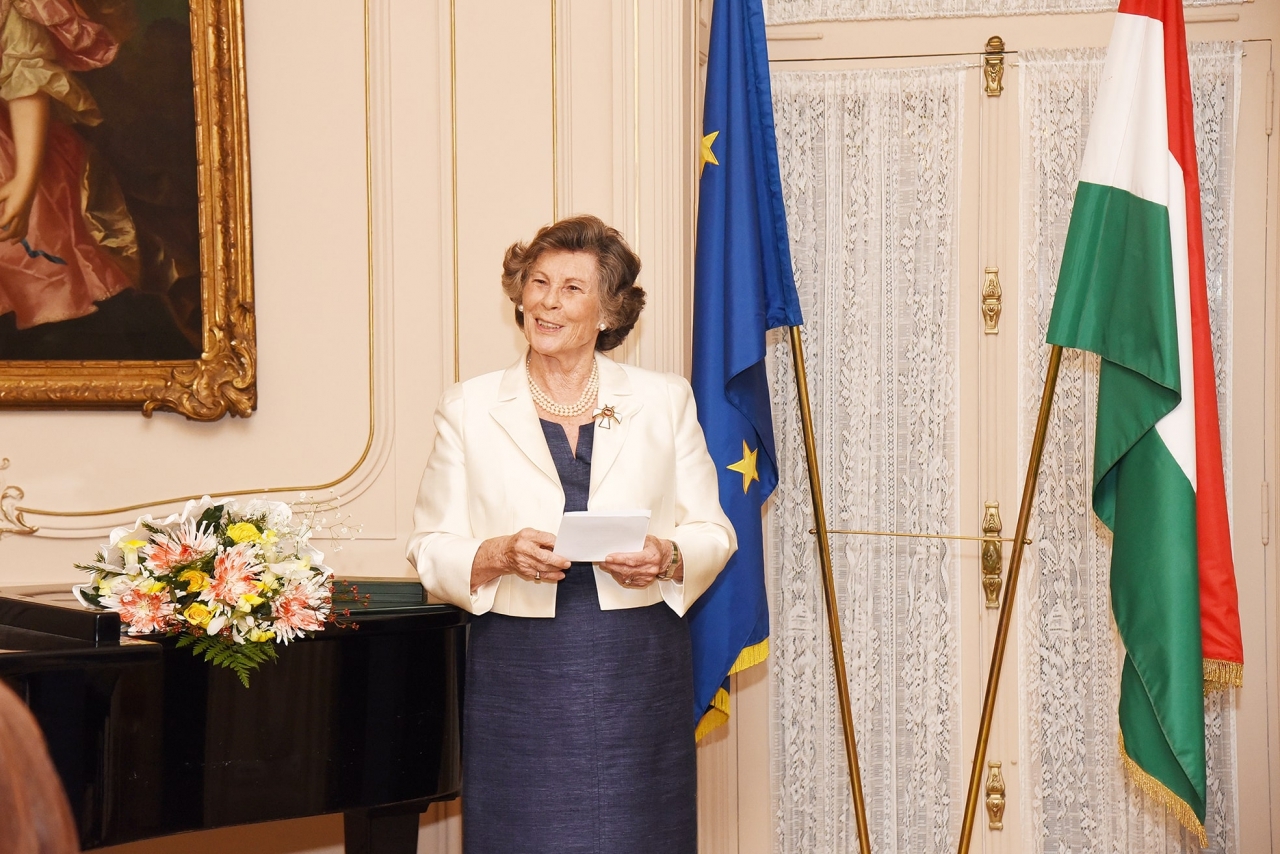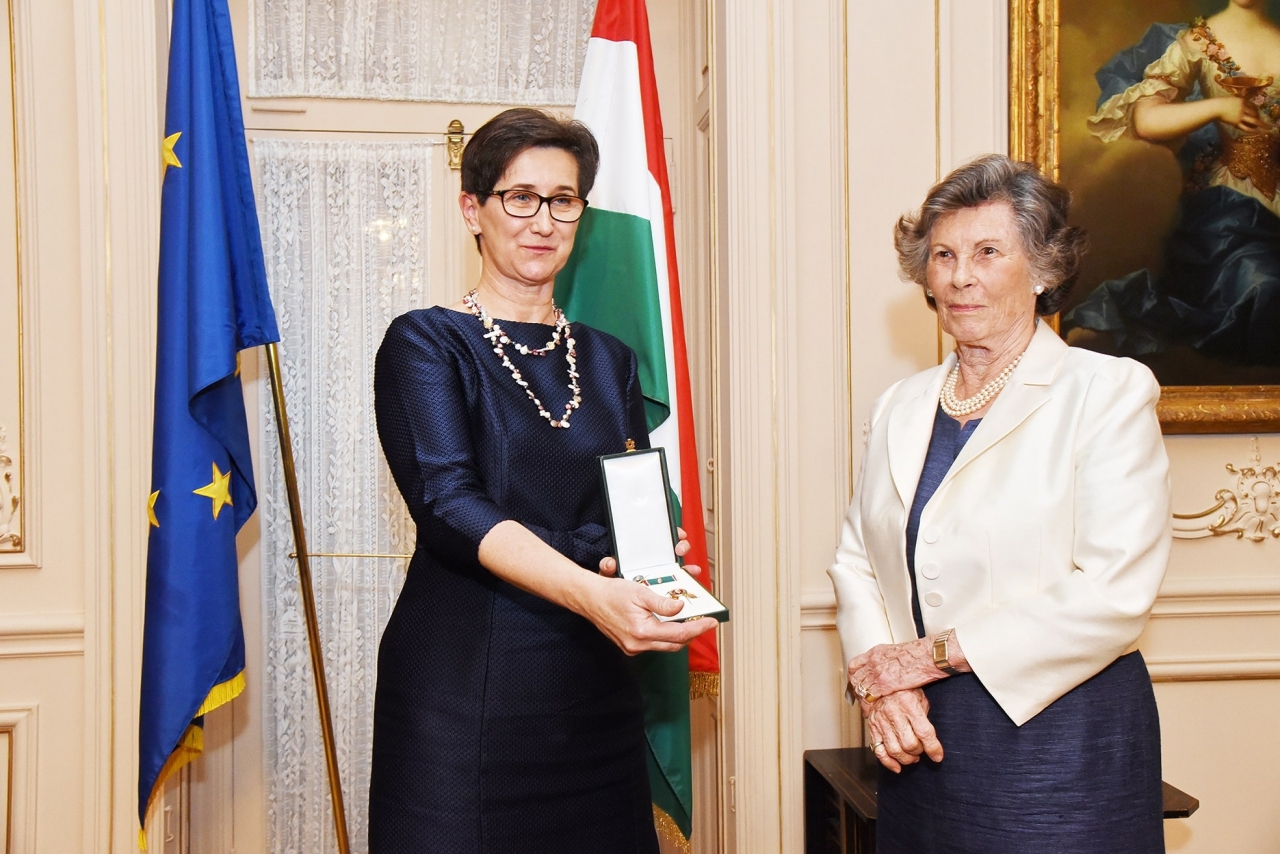Pharmaceutical innovators face many challenges when developing new products; as such, getting them to market in a timely, safe and cost-effective way is critical. The use of continuous manufacturing technologies can help to overcome some of the most pressing early-stage obstacles
Improving production methods for generic drugs or extending the lifecycle of existing oral solid dosage (OSD) forms is an integral part of the day-to-day operations of many global pharmaceutical companies. At the same time, when formulating new molecular entities, issues such as reducing the cost-per-tablet, increasing patient safety and optimising the price/performance balance of a new drug are common daily concerns. During the early stages of research and development (R&D), however, the availability of the active pharmaceutical ingredient (API) is limited. As such, there is an absolute requirement for process equipment that can produce just a few hundred grams of finished product to fast-track novel formulations.
The changing perspectives of regulatory bodies such as the US FDA and EMA now mean that there’s a better way to improve both supply chain efficiency and product throughput. It’s the 21st century, the pharmaceutical industry is less risk-averse these days, and it’s well-known that continuous manufacturing (CM) solutions can accelerate product development, reduce costs, improve operational economics and make production more agile.
CM can accelerate the development of innovative products and increase the quality assurance of existing ones by driving process excellence. It’s a more efficient and flexible technology, offering more consistent and reliable tablet production with the reduced use (and loss) of resources such as precious APIs and raw materials. Additional benefits include less downtime and minimal manual intervention.
Introducing ConsiGma®
The ConsiGma® portfolio from GEA Pharma & Healthcare is a multipurpose platform that has been designed to transfer powder into coated tablets in development, pilot, clinical and production volumes in a single compact unit. The system can perform the dosing and mixing of raw materials, wet or dry granulation, drying, tableting and quality control, all in one line. And, as it can produce granules continuously, there is no waste during start-up and shutdown and the batch size is determined simply by how long you run the machine. Quality is measured throughout the process and, as such, drastically reduces the cost-per-tablet. The ConsiGma® concept combines Quality by Design (QbD) principles with Design of Experiments (DoE) to explore and optimise a wide range of process parameters with less product in a shorter time frame.
Dr James (Jim) Holman, Senior Director of Technology Management, Pharma Solids, at GEA, takes up the story: “Our stance with CM is consistent in terms of how we approach both commercial-scale and early development work. We’ve created a range of unit operations or submodules, for example, that are ideal for process or product optimisation studies. For wet granulation, for instance, we have the ConsiGma®-1. You can use the same granulator that you would for a larger-scale machine but simply connect it to a single cell of a six-cell fluid bed system.” He adds: “Our approach to R&D is that we try to scale-out rather than scale-up. Our equipment is specifically designed so that you can process a plug or product key in a very controlled way to limit material usage.”
Jim can cite a litany of Big Pharma organisations that have “developed molecules on our systems in R&D, subsequently transferred them to production and have now had them approved for sale and use.” He acknowledges that, compared with a traditional production-scale system, there are advantages and disadvantages to consider. But he emphasises: “To support our thinking and what we’ve done, there are a lot of commercial products on the market that were made using GEA CM systems.”
The ConsiGma®-1: an integrated R&D solution
Developed as a mobile, plug-and-play laboratory-scale version of the GEA’s continuous tableting platform, the ConsiGma®-1 can convert powders into dry granules and is ideal for small-scale research and development applications. It’s specifically designed for maximum flexibility and simplicity in early formulation development work. And, because of its rapid processing times and ability to run batches of a few hundred grams up to 5 kg or more, it’s ideal for developing formula and process parameters using DoE — which can then be scaled-out to the full-size ConsiGma® wet granulation system. “With ConsiGma®, we can help companies all over the world to maximise their R&D efforts and capitalise on the very worthwhile expenditure by getting first-rate products to market quicker,” notes Jim.
When equipped with the optional fluid bed dryer segment, drying parameters for batch sizes of 500–1500 g can be determined on the ConsiGma®-1. And, because these granulation details can be directly scaled-out to a production model (such as the ConsiGma®-25), which benefits from the same design, there is no scale-up.
Furthermore, as the retention time of the product in the system is minimal, any change in these parameters is almost immediately visible. This allows for very fast and easy exploration of the design space. The result is a better understanding of both operational capabilities and critical process parameters (CPPs), which ultimately contribute to higher levels of quality assurance and patient safety.
The ConsiGma®-1 is designed for rapid deployment, will fit into the most compact of laboratories and can be transported easily to wherever it’s needed. Installation only requires electricity and standard utilities such as water and compressed air. The system is conceived to be a “plug-and-play” installation. To enhance the R&D flexibility even further, the ConsiGma®-1 can also be configured for hot melt granulation and/or upgraded for contained processing.
To cite an example, a ConsiGma®-1 unit was recently used to expedite the development process for a new product during in-house trials. Everything was running smoothly during scale-out to a commercial-size line, until one of the raw material sources had to be changed. Anticipating granulation issues due to the changed specifications of the raw material, and with a pending deadline — and not wishing to revert to the ConsiGma®-1 for redevelopment (or to clean another piece of equipment) — it was decided to tackle the issue using the production-scale CM line. Owing to the inherent flexibility of continuous processing and the transferable compatibility of the critical parameters, the correct settings were found in just a few hours using only a limited amount of product. Full production mode could be quickly reinstated with minimal disruption.
The ConsiGma® DC for continuous direct compression is the most recent expansion of GEA's portfolio of cost-effective, compact and high-yield manufacturing systems. By integrating four key technologies — accurate loss-in-weight feeding, continuous blending, tablet compression technology and the online measurement of CQAs (Critical Quality Attributes), it offers a robust and flexible production method for a wide range of products in a small footprint. Of note here is that standalone plant is often used to separately test and optimise the critical unit operations before the entire line is constructed, thereby accelerating the process. This means that each manufacturing step can be enhanced without first having to run or invest in a complete process chain. One company that has benefited from this approach is Hovione, a specialist contract development and manufacturing organisation.
Using a combination of standalone laboratory scale units coupled with process analytical technology (PAT) tools, computational models and powder characterisation equipment, Hovione is developing processes at the R&D scale with minimal material consumption and resources. The standalone dosing and blending unit is equipped with feeders and blenders that are identical to those used in GEA’s GMP Continuous Direct Compression (CDC) lines. Powder characterisation and the use of compaction simulations “close the circle” in terms of connecting the unit operations and allow operators to fully define the process parameters that are used in a digital twin version of the line. João Henriques, R&D Director – Oral Drug Product Development comments: “This integrated platform accelerates process development, helps to optimise formulation and product parameters and improves operational performance. It also enables the seamless scale-out of continuous tableting processes to a GMP line with reduced risk and low API consumption. This methodology has been used to successfully develop and scale-out multiple processes to CDC lines.”
Coating covered
Not only does GEA have what Jim calls “grouped unit operations” for applications such as wet granulation —wherein a twin-screw granulator is combined with a single cell fluid bed — standalone systems such as dosing and blending rigs, an independent feeder and/or continuous coaters are also available. In addition, plant for direct compression can also be supplied. The ConsiGma® DC-LB Lines integrate continuous dry blending using linear blenders and tablet compression into one efficient continuous production system. Being able to accommodate differently sized blenders makes it a fully configurable setup.
From an operational perspective, adds Jim, the advantage of the GEA Coater during R&D is that you don’t have to run a full-scale trial with all the associated losses of startup, shutdown, etc. All you need is a 1.5 kg plug and then, to scale-out your production, you just repeat the process. It's the same with wet granulation. Doing so gives you the certainty that you can basically repeat the same operation — or just run it for longer — to achieve commercial levels of production.
Jim suggests that a well-known top-tier pharmaceutical company has recently invested in two ConsiGma®-1 units and coaters and is in the process of replacing their existing batch coating equipment with GEA machinery. “It’s now their default choice of coating technology for R&D,” he says. “With the three sizes of coating pans we offer, you have the option of using 1.5, 3.0 or 6.0 kg samples simply scaling that out.”
In conclusion
Shining the spotlight on wet granulation as an example application, many of the most well-known names in the pharmaceutical sector have products on the market that were initially tested on a ConsiGma®-1 unit, subsequently transferred to a larger development and launch rig (DLR) and were then put into commercial production.
Reaping the benefits of grouped unit operations during R&D enables GEA customers to expedite product development, eliminate scale-up and rapidly transfer the manufacturing process to an integrated line. Plus, by producing tablets continuously, “batch sizes” are simply determined by how long you run the machine.
It’s also helping the pharmaceutical industry to produce higher quality products, enhance drug safety, reduce its industrial footprint and decrease waste, which provides significant advantages to governments, companies and patients alike. Continuous processing is the future of pharmaceutical manufacturing. As Jim will attest, the majority of the top ten pharmaceutical companies have now confirmed that their strategy is to develop both new chemical entities (NCEs) and, when economically and technically viable, also manufacture legacy ethical and generic products using continuous technologies.
Read the full article on ManufacturingChemist.com
Article
Manufacturing Chemist, 30 April 2025
Optimising early-stage drug development with continuous processing



